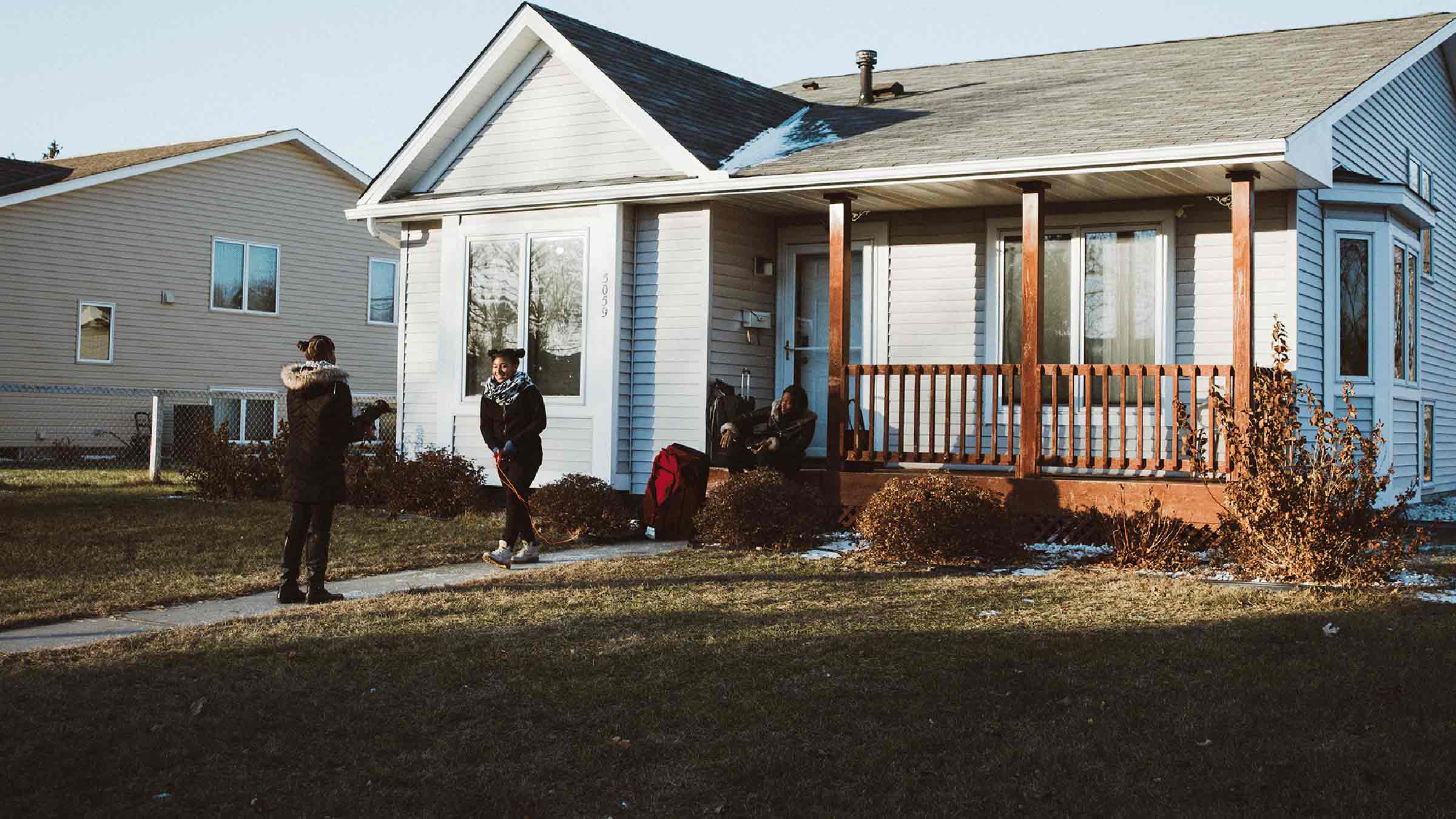
Since 211’s founding in 1915, Greater Twin Cities United Way has been a key community partner in advancing housing stability across our region. Whether it’s providing funding to housing services providers working directly with households, advocating at the legislature to ensure that homelessness is prevented whenever possible, or 211 resource helpline staff helping someone find a safe, warm place to sleep, United Way is at the forefront of advancing regional efforts to support housing stability.
At our recent Community Connection Series event, I was joined by Jacky Johnson, 211 Community Resource Specialist, and Tamara Stark, Senior Director of Housing and Youth Development at Tubman, to discuss how United Way leverages insights from our nonprofit partners and 211 to address evolving community needs.
211 is a broad-based social services and information referral program focused on getting people the information they need to access critical community resources. We have 80 211 staff handling 1,500 to 2,500 calls every day, 24/7, 365 days a year. With more than 60 percent of incoming calls related to housing, our integrated efforts to increase housing stability and prevent homelessness have never been more important.
Too often, housing programs are difficult to understand and navigate and are built around scarcity, which compounds the challenges individuals and families experiencing crisis face while securing critical housing resources. 211 provides an important connection point where callers can access the information they need quickly. As Jacky stated, “During the pandemic, we’re having many people calling who’ve never had to access social services, so they don’t know where to start… We help guide them through the system. And the system is complex.”
Our goal is to provide the necessary resources to individuals and families so they can maintain stable housing and prevent homelessness.
In addition to providing housing resources, our nonprofit partners strive to increase access to programs and services. “There’s an idea that accessing services is simple, and it’s not. Anything we can do to streamline access, to undo keeping people out, is really powerful,” said Tamara.
Tubman, a United Way nonprofit partner focused on safety, hope and healing, works to build inclusive and responsive systems of care with diverse communities. Their work is focused on positive youth and family development, violence prevention and ending homelessness.
“We converted a lot of our services to virtual to reduce access barriers and worked hard to get tech equipment into the hands of the people we’re serving, because there’s still the tech divide that impacts people’s lives,” continued Tamara. “A lot of us were concerned… What’s happening with people who aren’t connecting with someone out there, facing further isolation, or just not aware? Because even when people are connected with a supportive person who can help navigate, it’s still challenging.”
In addition to supporting people seeking services and working with our nonprofit partners to address critical community needs, United Way strives to address the root causes of disparities and create more equitable systems that result in positive, lasting change.
For example, our 211 team regularly shares caller trends to help inform our internal strategies. We also share this data with government leaders to inform them about real-time, evolving community needs and priorities.
Informed by our nonprofit partners across the 9-county metro area, our policy and advocacy priorities are focused on advancing equitable solutions and funding that support a community where all people thrive, regardless of income, race or place.
United Way sits in a unique position to effectively address complex issues, like housing stability, through the many intersections of our work and nonprofit partnerships.